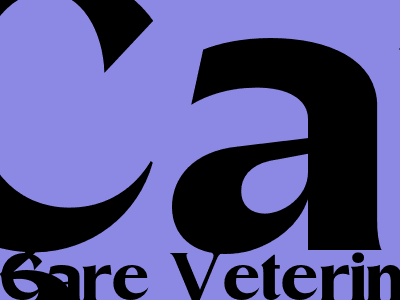Guide to Writing for SEO: A Comprehensive Approach
Understanding the Importance of SEO
Search engine optimization (SEO) is paramount in today's digital landscape, where businesses and individuals strive to enhance their online visibility and reach their target audience. By optimizing your content, you can improve your website's ranking in search engine results pages (SERPs), making it more accessible to potential customers or readers.
Crafting High-Quality Content
At the core of effective SEO lies high-quality content that provides value to your audience. Focus on creating informative, engaging, and well-written content that addresses the specific needs and interests of your readers. Avoid keyword stuffing and prioritize natural language and conversational tone.
Keyword Research and Optimization
Conduct thorough keyword research to identify the terms and phrases your target audience uses to find information online. Integrate these keywords into your content strategically, including them in titles, headings, and body text. However, avoid keyword stuffing, as it can negatively impact your rankings.
Headline Optimization
Craft compelling headlines that accurately reflect the content of your post and entice readers to click. Utilize strong action verbs, numbers, and keywords to make your headlines catchy and informative.
Structuring Your Content
Structure your content using headings (H1, H2, H3, etc.) to improve readability and organization. Use headings to break up your content into logical sections and make it easier for readers to skim and find relevant information.
Internal and External Linking
Interlink your content to guide readers through your website and provide additional context. Link to relevant external sources to establish credibility and provide further information to your audience.
Backlinking
Acquire backlinks from reputable and authoritative websites to signal to search engines that your content is valuable and trustworthy. Reach out to industry experts and collaborate with other websites to build a strong backlink profile.
Mobile Optimization
Ensure your content is mobile-friendly, as a significant portion of online traffic comes from mobile devices. Use responsive design, optimize images for fast loading, and minimize pop-ups to enhance the mobile user experience.
Image Optimization
Optimize images by using descriptive filenames, alt text, and captions to improve accessibility and search engine visibility. Compress images to reduce page load time without compromising quality.
Page Speed Optimization
Website speed is a crucial factor in SEO. Optimize your website by minifying CSS and JavaScript files, reducing image sizes, and leveraging browser caching to improve page load speed.
Measuring and Tracking Results
Track your SEO efforts using analytics tools like Google Analytics to monitor website traffic, keyword rankings, and conversion rates. This data will help you refine your strategy and make informed decisions about content optimization.
Additional Tips for Effective SEO
- Prioritize user experience and create content that is engaging and informative
- Stay updated with the latest SEO best practices and algorithm changes
- Use social media and other channels to promote your content and build brand visibility
- Consider using an SEO plugin or tool to simplify your optimization efforts
Conclusion
Effective SEO is an ongoing process that requires a holistic approach and attention to detail. By following these best practices, you can significantly improve the visibility and reach of your content, establish your brand as an authority, and drive traffic to your website.

Komentar